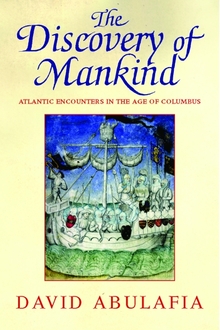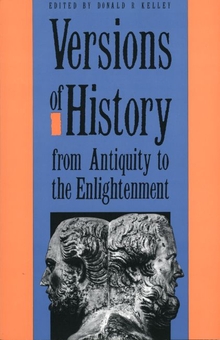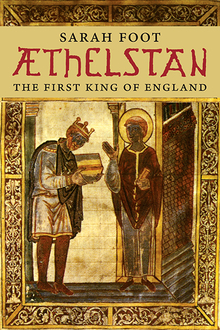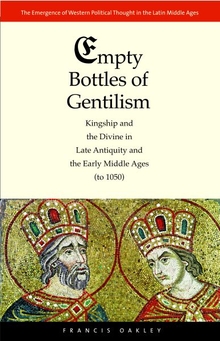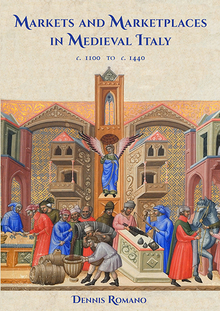The Discovery of Mankind
WARNING
You are viewing an older version of the Yalebooks website. Please visit out new website with more updated information and a better user experience: https://www.yalebooks.com
Atlantic Encounters in the Age of Columbus
David Abulafia
Out of Print
The first landings in the Atlantic World generated striking and terrifying impressions of unknown peoples who were entirely foreign to anything in European explorers’ experience. From the first recorded encounters with the native inhabitants of the Canary Islands in 1341 to Columbus's explorations in 1492 and Cabral's discovery of Brazil in 1500, western Europeans struggled to make sense of the existence of the peoples they met. Were they Adam's children, of a common lineage with the peoples of the Old World, or were they a separate creation, the monstrous races of medieval legend? Should they govern themselves? Did they have the right to be free? Did they know God? Could they know God?
Emphasizing contact between peoples rather than the discovery of lands, and using archaeological findings as well as eyewitness accounts, David Abulafia explores the social lives of the New World inhabitants, the motivations and tensions of the first transactions with Europeans, and the swift transmutation of wonder to vicious exploitation. Lucid, readable, and scrupulously researched, this is a work of humane engagement with a period in which a tragically violent standard was set for European conquest across the world.David Abulafia is professor of Mediterranean History at Gonville and Caius College, University of Cambridge. He is the author or editor of numerous books, including Spain and 1492, Mediterranean Encounters, and The New Cambridge Medieval History, Volume 5, c.1198–c.1300.
Confirmed as alternate selection for History Book Club/Military Book Club Summer '08 brochure, which announces 6/11/08. It will also be featured in BOMC2 (formerly Zooba).
"Age-old exposure to the Bible and the classics left Mediterranean observers poorly prepared to interpret the societies they encountered from the fourteenth to the early sixteenth centuries in the Canary Islands, the Caribbean, and Brazil. Abulafia painstakingly recreates the spiral of violence that overwhelmed and destroyed 'stone-age' societies that had developed largely in isolation. Abulafia also offers a learned account of the emergence of new European anthropologies that sought to transform radically alien others into familiarly pliant Christian laborers."—Jorge Canizares-Esguerra, University of Texas at Austin
"With equal skills as scholar and story-teller, David Abulafia gets to the heart of a subject that matters to today's world: how our understanding of human nature began to emerge in the late medieval Atlantic, where each new encounter between previously unfamiliar peoples and cultures challenged and transformed existing notions. No other book covers the subject so thoroughly or approaches it with such brilliance."—Felipe Fernandez-Armesto, Tufts University
"David Abulafia's masterful study reorients our understanding of the age of Columbus. His meticulous research takes us to the Canary Islands, the Caribbean, and Brazil and puts the European 'discovery' of the Americas into an Atlantic context where it belongs. With extraordinary erudition and sophistication he shows us how the encounter with the indigenous peoples of the Western Hemisphere shaped early modern European culture."—Peter Mancall, University of Southern California
‘[An] accomplished book.’
Publication Date: April 4, 2008
30 b/w illus.

